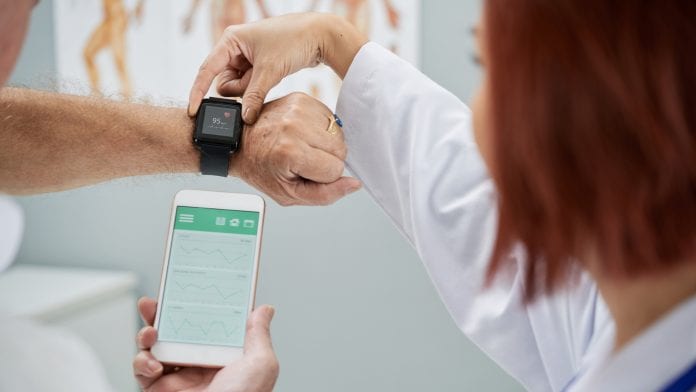
A new report has shown that half of older patients in the UK had a better experience with digital health tools compared to in-person consultations during the COVID-19 pandemic.
The report commissioned by Mobiquity, a full-service digital transformation enabler, and conducted by Censuswide, reveals, that half of UK patients aged over 55 preferred digital health tools instead of in-person consultations, with the most preferred digital tools used by over 55s being remote monitoring (50%) and video examinations (50%).
The report entitled, COVID-19: Ensuring a quality patient experience with the rise of digitisation in a healthcare setting, surveyed 301 GPs and 3,009 patients in the UK, Germany and the Netherlands.
In the UK, over half (56%) of GPs were using digital tools generally for patient consultations during COVID-19, and over half were using video consultations (55%) and video examinations (52%) more than before COVID-19.
Benefits of digital health tools
In the report, UK patients highlighted benefits such as the ability to see their GP much quicker. Over a quarter of the UK GPs surveyed reported that remote monitoring, video examination, and application made prescribing the appropriate treatment much easier.
The survey also revealed that mobile applications were the most used digital tool by UK patients, with nearly a third of patients using mobile apps during the COVID-19 pandemic. One in four UK patients used video consultations and telemedicine, while less than one in five used remote monitoring, video examinations, and wearable tech.
Three in five patients also felt comfortable using wearable tech, telemedicine, applications, video consultations, and remote monitoring.
Technical issues were cited as the most significant barrier to adoption for GPs, with over half of UK GPs reporting technical issues.
Commenting on the report, Professor John Powell, University of Oxford said: “The restrictions caused by the COVID-19 pandemic have provided the impetus and opportunity for the rapid uptake of digital health solutions, especially video consultations and remote monitoring. Capturing the views of practitioners and patients on this transformation is vital in understanding the issues that influence successful adoption, scale-up and sustainability. It is notable that this report demonstrates that many patients reported positive experiences of using digital services at this time, particularly in terms of accessibility and convenience, and that the great majority of GPs who took part in the survey were enthusiastic and recognised the importance of the further digital transformation of their services.”
Stefan Scheepers, Business Director of Digital Health, Mobiquity said: “The COVID-19 pandemic has caused a profound digital transformation across society, rapidly accelerating the adoption of digital technologies by healthcare professionals. Indeed, our research shows that there was a high level of adoption among GPs during the pandemic across the UK, the Netherlands and Germany.
“What is surprising to see is that overall patients who saw their doctors in the pandemic had positive experiences when engaging with digital healthcare tools, and that there was a high level of satisfaction specifically among older patients over the age of 55.







